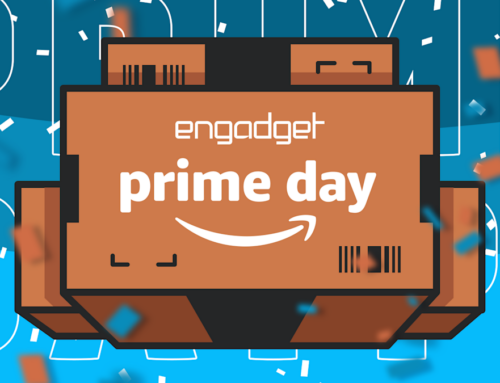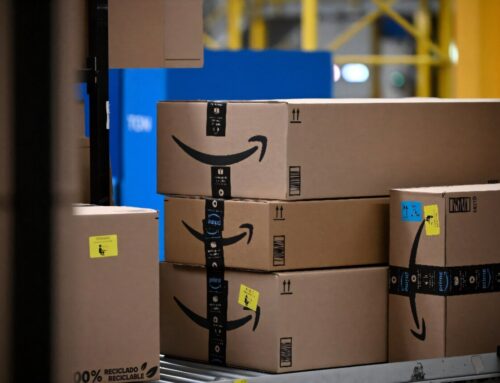Sleeping, eating, or sex? There’s a cannabis strain for that
June 2, 2025
A Rhode Island doctor’s new software aims to match customers with a strain based on scientific data

PAWTUCKET, R.I. — Notes of lavender, aroma of citrus, a hint of floral?
It sounds like something you’d hear from a sommelier. It’s also how Dr. Jason Iannuccilli talks about cannabis.
Iannuccilli’s new software, based on a patent-pending algorithm he developed over seven years, uses a cannabis strain’s aromatic compounds — known as its terpene profile — to match it to a consumer’s desired activity or effect.
Iannuccilli said the days of buying cannabis based on whether it’s an “indica” or “sativa” are over, as cross-breeding has created such a wide variety of chemical combinations.
His web-based platform called PowerLeaf, which launched in beta testing in March, uses data from the West Warwick-based cannabis testing lab Iannuccilli co-founded with another doctor in 2021 called PureVita labs.
On the online dashboard, customers can select their desired activity — say, heading to a concert, going to sleep, doing yoga — and will be matched with a strain at Mother Earth Wellness in Pawtucket, the first dispensary whose products are available on the platform. Iannuccilli’s goal is to expand widely as he proves the concept to investors and other dispensaries, with a plan to eventually charge the retailers for the service.
The platform will also recommend pairings for “wellness” conditions like stress, appetite, and nausea.
Iannuccilli, a radiologist who previously worked in oncology, spoke to the Globe about the new software, and how he hopes it changes the way people shop for cannabis.
Q: Tell me about your new software PowerLeaf, and why did you feel like it was necessary?
Iannuccilli:The vast majority of consumers don’t understand that cannabis goes well beyond THC. There are other ingredients in the product — in fact, hundreds of them — that vary from strain to strain. And those ingredients actually do play into the differences in mood or the spectrum of effects that consumers get from the product itself.
So the software that we developed takes the individual product that is on the shelf, that is seed-to-sale tracked from the grower, and it takes the lab results that were generated for that product from the regulatory testing. Those lab results get processed by a proprietary algorithm that I built around the science of cannabis, and it actually spits out information that can be used by the consumer to actually understand what the effects are going to be.
What are some of the things that a customer would filter for?
There are about 11 dominant activity states that we’ve identified. It can be exercise, just general relaxation, some people like to use it for meditation or stretching, and a lot of people are using it for intimacy.
Some of these ingredients, they don’t even need to get into your body. They don’t need to be absorbed. If they tickle the nerve endings that are in your nose and your brain recognizes an aroma and says, ‘oh, this smells like lavender,’ not only does your brain recognize that, but it’s also starting to release the chemical in your brain that has a calming effect.
So do you not even need to smoke it?
You don’t need to smoke it. But in order to get the aromatic effect, you do need to smell it. Inhaling is a very, very common method of using cannabis. As a physician, I am actually trying to do my best to educate consumers not only about what product to pick, but the safest way to consume it. So if you’re going to inhale it, you can use other devices like a vaporizer — whether it vaporizes the dry herb or it’s an oil form of the product — to create that aroma without actually having to burn the product.
Does this work for edibles? Because that wouldn’t have the aroma.
It doesn’t work for edibles.
I’ve seen the app Leafly, or StrainBrain, or dispensaries that let you filter by mood. How is your product different?
We are different because we are not going on subjective consumer reviews of a product experience.
Let’s say you strolled into a dispensary here in Rhode Island and you heard a lot about this product, ‘Blue Dream.’ The ‘Blue Dream’ that someone had in California who wrote a review on it could be chemically very different than what’s being sold to you over here in Rhode Island. This platform doesn’t just rely on the name of the product. It actually pulls the chemical ingredients for the exact product that you’re looking to buy on the shelf.

Can’t I just go up to the budtender and say, hey, I’m looking for a strain that’s going to help me sleep?
You can, but the level of budtender education really varies in the industry. We’re very new. A lot of people are very familiar with cannabis, but they’re not so familiar with the science behind it.
In the industry we do see a lot of gamesmanship. And it’s not fair to the consumer, but if something is selling and is very popular and there’s a trend, people are going to go out and they’re going to be looking for it. So it’s very easy for a cultivator that isn’t so sincere to just change the name of something that they think is similar and say, oh yeah, this is ‘Super Orange Soda’ or whatever that hip strain is at the time. And consumers really don’t have that level of transparency.
Some people will say this is just marketing, you’re trying to sell these products. How would you change their minds?
I would say you’re absolutely right, but it’s based on truth.
This is actually chemistry, it’s not just the THC effect. What we’re trying to do with this platform is we are trying to get people to understand that they should not be shopping by THC potency. And in fact, when you overwhelm the experience with THC, the nuanced mood effects that a lot of people are looking for get drowned out.
If you’re able to scale it, how does this change the industry?
It changes the industry by more effectively pairing the product to the consumer in a meaningful way. Think of wine: it’s not just red versus white. Cannabis should be the same way. We’re trying to get consumers to see that cannabis is a lot like wine.
This Q&A has been condensed for length and clarity.
The Boston Globe’s weekly Ocean State Innovators column features a Q&A with Rhode Island innovators who are starting new businesses and nonprofits, conducting groundbreaking research, and reshaping the state’s economy. Send tips and suggestions to reporter Alexa Gagosz at alexa.gagosz@globe.com.
Steph Machado can be reached at steph.machado@globe.com. Follow her @StephMachado.
Search
RECENT PRESS RELEASES
Related Post




